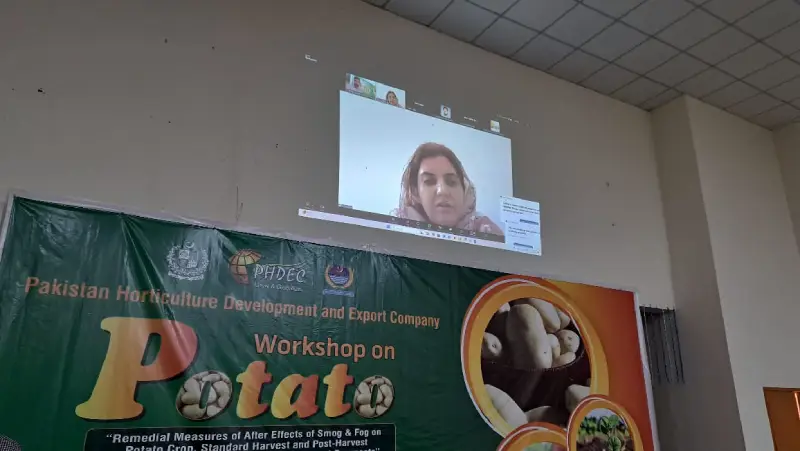2nd Interactive Session to Engage Key Stakeholders in Agro Value Addition
PHDEC Hosts 2nd Interactive Session to Engage Key Stakeholders in Agro Value AdditionToday (15-01-2025) Pakistan Horticulture Development and Export Company (PHDEC) organized 2nd interactive session to engage major stakeholders and entrepreneurs involved in the value addition of agro products. The session aimed to provide insights into the upcoming FoodAg Manufacturing Expo, scheduled to be held from 26th to 28th February 2025 in Lahore, organized by the Trade Development Authority of Pakistan (TDAP).The expo will host leading international companies specializing in manufacturing value addition machinery and value-added agro products. Local manufacturers and companies engaged in value addition were invited to the session to familiarize themselves with the event and its significance.During the session, the CEO, PHDEC delivered a detailed presentation on the potential of the FoodAg Manufacturing Expo. He highlighted how this platform would serve as a valuable interface for Pakistani stakeholders to explore advanced technologies used globally in the agro sector. He emphasized the opportunity to gain innovative ideas for enhancing value addition within Pakistan’s horticulture and agro-industries.This initiative underscores PHDEC’s commitment to fostering collaboration, innovation, and growth in the agro-value addition sector, ensuring Pakistani businesses remain competitive in the international market.






